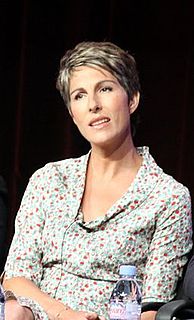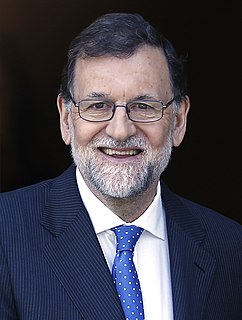A Quote by Jonathan Swift
I remember it was with extreme difficulty that I could bring my master to understand the meaning of the word opinion, or how a point could be disputable; because reason taught us to affirm or deny only where we are certain; and beyond our knowledge we cannot do either.
Related Quotes
In truth, opinion may be taken for understanding; understanding cannot be taken for opinion. How so? Surely because opinion may be deceived; understanding cannot be. If it could, it would not be understanding but opinion. For true understanding has not only certain truth, but the knowledge of truth.
I do not deny God, because that word conveys to me no idea, and I cannot deny that which presents to me no distinct affirmation, and of which the would-be affirmer has no conception. I cannot war with a nonentity. If, however, God is affirmed to represent an existence which is distinct from the existence of which I am a mode, and which it is alleged is not the noumenon of which the word I represents only a speciality of phenomena, then I deny God, and affirm that it is impossible God can be.
Man can only be certain about the present moment. But is that quite true either? Can he really know the present? Is he in a position to make any judgment about it? Certainly not. For how can a person with no knowledge of the future understand the meaning of the present? If we do not know what future the present is leading us toward, how can we say whether this present is good or bad, whether it deserves our concurrence, or our suspicion, or our hatred?
What I'm interested in exploring with Clark Kent is when you have the power to do something that goes beyond what you think is the right thing to do and the difficulty of that. Meaning, to be Superman also means to withhold a lot of power. He could reshape the world however he thinks it should be. But Superman doesn't, historically, do those things. He allows a certain level of self-governing and a certain level of independence, I think out of an admiration for humanity. Because he's inspired by the best in us and he challenges us to inspire each other to be the best that we can be.
I suppose I was lucky enough to be educated at a time when teachers still thought children could handle knowledge. They trusted us. Then there came a time when they decided that because not every kid in the class could understand or remember those things they wouldn't teach them anymore because it wasn't fair on the less good ones. So they withheld knowledge. Then I suppose the next lot of teachers didn't have the knowledge to withhold.
My curiosity, alas, is not the kind that can be satisfied by objective knowledge. Plato said that opinion is worthless and that only knowledge counts, which is a neat formulation. ... But melancholy Danes from the northern mists understand that opinion is all there is. The great questions transcend fact, and discourse is a process of personality. Knowledge cannot respond to knowledge. And wisdom? Is it not opinion refined, opinion killed and resuscitated upward? Maybe Plato would have agreed with this.
Pride was his life force; for us it was a live nerve that he could teach us to brush. One stroke, a good practice, and we could tingle for days ... First, he found the pride in each of us, then he taught us how good it could feel. What he was ultimately after was for every one of us to learn to light our own fires and glow our brightest.
It is neither easy nor agreeable to dredge this abyss of viciousness, and yet I think it must be done, because what could be perpetrated yesterday could be attempted again tomorrow, could overwhelm us and our children. One is tempted to turn away with a grimace and close one's mind: this is a temptation one must resist. In fact, the existence of the death squads had a meaning, a message: 'We, the master race, are your destroyers, but you are no better than we are; if we so wish, and we do so wish, we can destroy not only your bodies, but also your souls, just as we have destroyed ours.
For the little that one has reflected on the origin of our knowledge, it is easy to perceive that we can acquire it only by means of comparison. That which is absolutely incomparable is wholly incomprehensible. God is the only example that we could give here. He cannot be comprehended, because he cannot be compared. But all which is susceptible of comparison, everything that we can perceive by different aspects, all that we can consider relatively, can always be judged according to our knowledge.
If an opinion contrary to your own makes you angry, that is a sign that you are subsciously aware of having no good reason for thinking as you do. [...] The most savage controversies are those about matters as to which there is no good evidence either way. Persecution is used in theology, not in arithmetic, because in arithmetic there is knowledge, but in theology there is only opinion. So whenever you find yourself getting angry about a difference of opinion, be on your guard; you will probably find, on examination, that your belief is going beyond what the evidence warrants.
Words can mean different things to different people. It is important to understand what people mean when they use a certain word. Let's make an example. Take the word gay. Fifty years ago, gay meant exclusively cheerfulness, lighthearted excitement, merry or bright colors. Today this word has a different meaning. You won't call a cheerful person gay because it could be understood as something else.






































